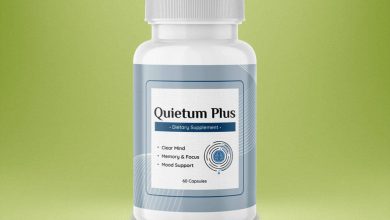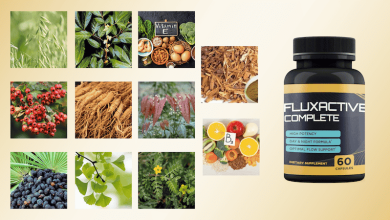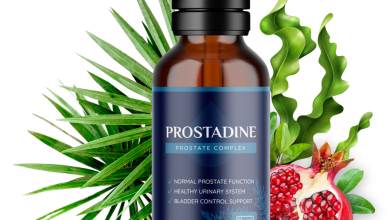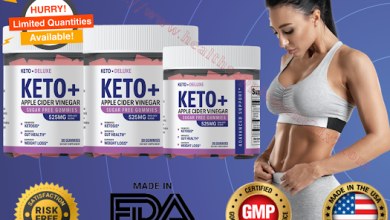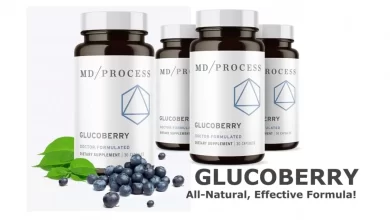Natural Anti-Inflammatory Diet: What to Eat, Food List and Tips
What are natural anti-inflammatory drugs?
Natural anti-inflammatories are foods you can eat to reduce the risk of inflammation. If you have a condition that causes inflammation, changing your eating habits can help.
While medications and other treatments are important, many experts say an anti-inflammatory diet can also help. When you have a condition like rheumatoid arthritis, changing what’s on your plate isn’t a miraculous cure. But an anti-inflammatory diet can reduce the number of flare-ups or help take your pain down a few steps.
An anti-inflammatory diet is generally considered healthy. Even if it doesn’t help your situation, it can reduce your chances of experiencing other problems.
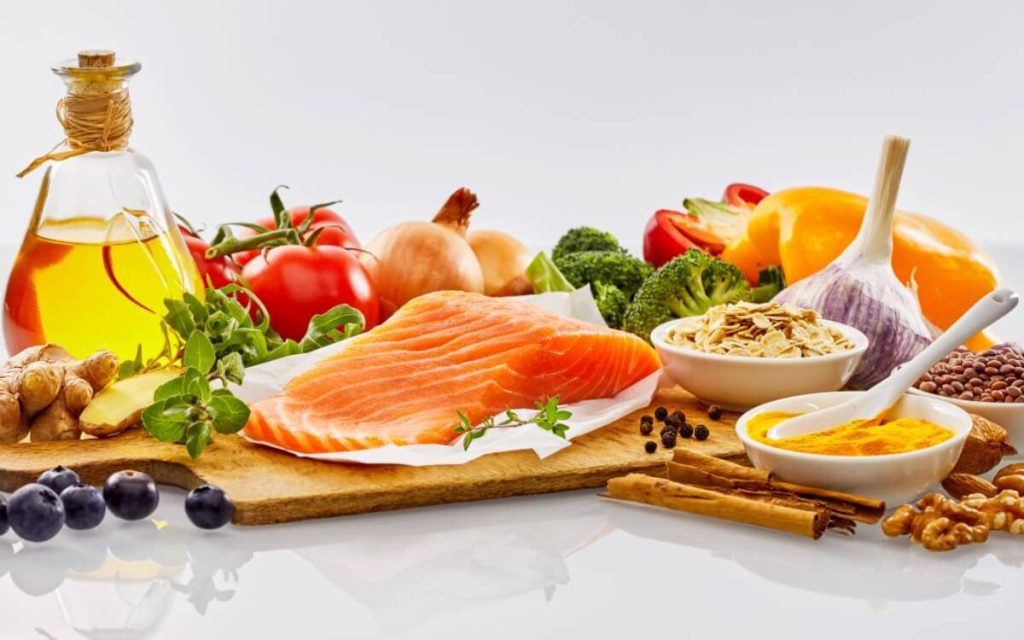
Anti-Inflammatory Foods
Any mainstream nutritionist would encourage you to eat anti-inflammatory foods. Fruits and vegetables are high in whole grains, plant-based proteins (like beans and nuts), oily fish, and fresh herbs and spices.
Fruits and vegetables: focus on variety and lots of color. Studies show that vitamin K-rich leafy greens like spinach and kale reduce inflammation, like broccoli and kale. It is the substance that gives color to fruits such as cherries, raspberries and blackberries.
Whole grains: Oatmeal, brown rice, whole wheat bread, and other unrefined grains tend to be high in fiber, and fiber can also help with inflammation.
Beans: High in fiber and packed with antioxidants and other anti-inflammatory compounds.
Nuts: They have a healthy type of fat that helps stop inflammation. (Olive oil and avocado are also good sources.) Consume only a handful of nuts a day, otherwise they’ll add fat and calories.
Fish: Put it on your plate at least twice a week. Salmon, tuna, and sardines are high in inflammation-fighting omega-3 fatty acids.
Herbs and Spices: They add antioxidants (as well as flavor) to your food. The turmeric found in curry powder does this with a powerful compound called curcumin. And garlic slows your body’s ability to do things that increase inflammation.
Who Should Try the Anti-Inflammatory Diet?
Every inflammation triggers, so there could be several reasons for your inflammation. Zumpano digs deeper.
Chronic Disease
Prevention with a chronic health condition, you may also be living with chronic infections. Including events that occur with inflammation:
Crohn’s disease.
heart disease.
High blood pressure.
restless exit syndrome.
Multiple sclerosis.
obesity
Psoriasis.
Rheumatic add-ons.
type 1 diabetes
directional colitis.
Flammable Foods
Anything that’s too processed, too oily, or too sweet isn’t a good choice for you if you have inflammation.
Desserts, cakes, cookies and sodas: They’re not nutrient-dense and easy to overeat, which can lead to weight gain, high blood sugar and high cholesterol (all related to inflammation). Sugar causes your body to release inflammatory chemicals called cytokines. Soda and other sweet drinks are the main culprits. Anti-inflammatory nutritionists often say you should cut out all added sugars, including agave and honey.
High-fat and processed red meats (like hot dogs): These are high in saturated fat and can cause inflammation if you eat more than a small amount each day.
Butter, whole milk and cheese: Saturated fatty acids are also a problem here. Instead, consume low-fat dairy products. They are not considered flammable.
French fries, chicken flips, and other fried foods: Cooking them in vegetable oil doesn’t make them healthy. Corn oil, safflower oil, and other vegetable oils all contain omega-6 fatty acids. You need some omega-6s, but if you take too much, you will upset the balance between omega-6s and omega-3s in your body and result in more inflammation.
Coffee creamers, margarine, and anything else containing trans fats: Trans fats (see “partially hydrogenated oils” label) raise inflammatory LDL cholesterol. There is no safe amount to eat, so stay away.
Wheat, rye and barley: The focus here is on gluten and is controversial. People with celiac disease should avoid gluten. But for everyone else, the science that whole grains are a good thing is solid.
Risks of Chronic Inflammation
Inflammation occurs naturally in your body. Inflammation protects against toxins, infection, and injury, but when it happens too often, it can trigger disease.
Experts attribute long-term (chronic) inflammation to:
Cancer
Heart Disease
Diabetes
Alzheimer’s Disease
Depression
You can reduce your risk of chronic inflammation by changing your diet.

